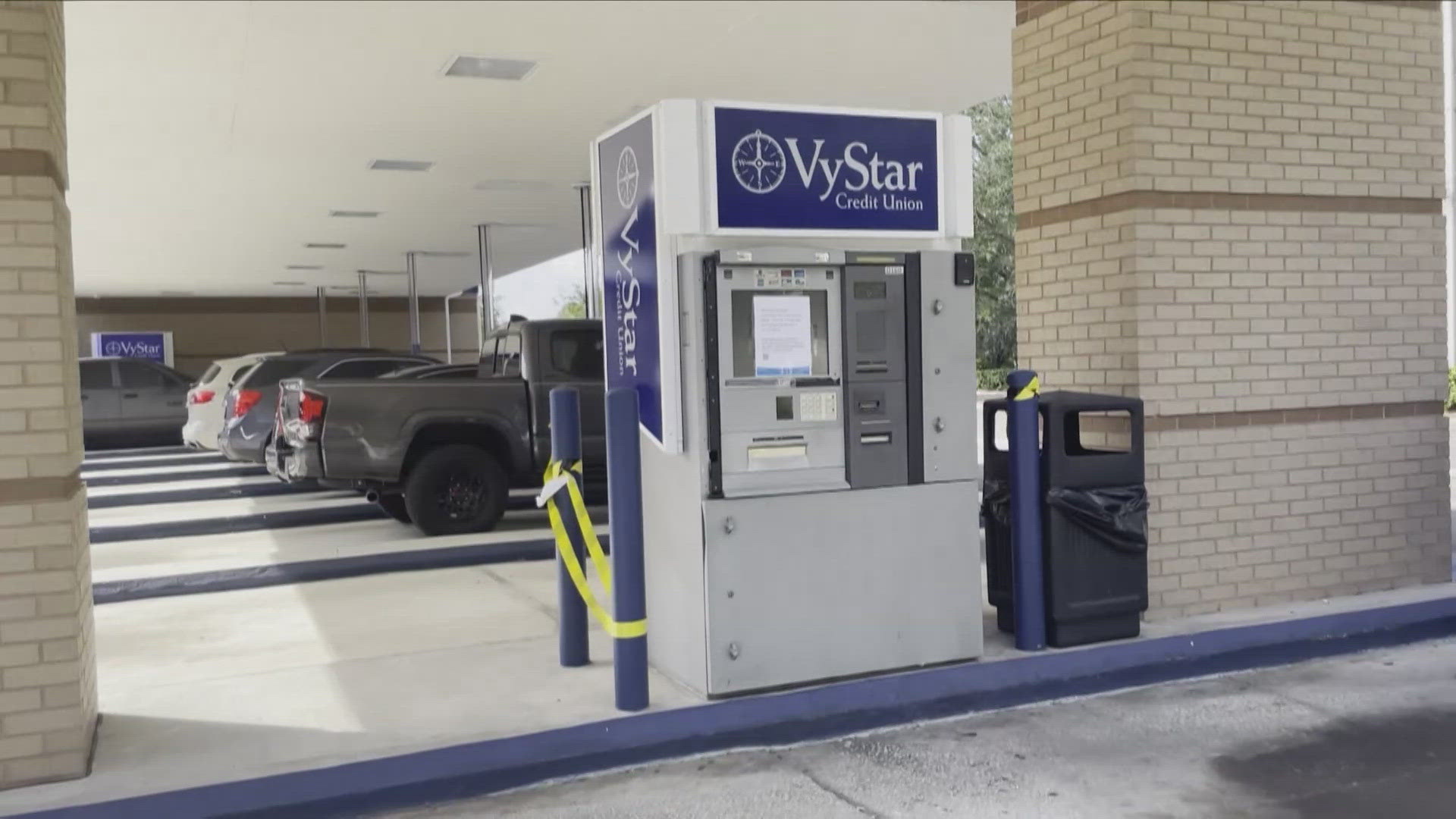A judge is due to announce her verdict Tuesday in the case of Pfc. Bradley Manning, accused of the largest leak of classified information in U.S. history after he handed hundreds of thousands of documents to the Wikileaks website.
The judge, Army Col. Denise Lind, said Monday she had reached a decision and would reveal it at 1 p.m. Tuesday in a courtroom at Fort Meade, Md., officials said. Sentencing was expected to be decided starting on Wednesday.
Manning is charged with 21 counts in connection with the leak of some 700,000 classified documents to the WikiLeaks website. He pleaded guilty to lesser charges in March.
The most serious charge is "aiding the enemy," which could carry a life sentence. The prosecution chose not to pursue capital punishment, which was an option.
Legal experts said an aiding-the-enemy conviction could set a precedent because Manning did not directly give the classified material to al Qaeda, but to the Wikileaks website, which then published many of the documents.
"Most of the aiding-the-enemy charges historically have had to do with POWs who gave information to the Japanese during World War II, or to Chinese communists during Korea, or during the Vietnam War," Duke law school professor and former Air Force judge advocate Scott Silliman told The Associated Press.
Air Force Reserve Lt. Col. David J.R. Frakt, a visiting professor of law at the University of Pittsburgh, said a conviction on the most serious charge, if upheld on appeal, "would essentially create a new way of aiding the enemy in a very indirect fashion, even an unintended fashion."
Some expect Manning will be convicted of at least some of the 21 counts.
"He's just a dumb kid who got himself into a situation where he felt he was saving the world," Joseph Wippl, a professor of international relations at Boston University and a former CIA officer, told Reuters.
"I think he should be convicted and they should be easy on him. They need to do more on limiting access to classified information," he added.
Some of the classified documents leaked by Manning ended up in the hands of Osama bin Laden and were recovered in the raid on his compound by U.S. Navy Seals in Abbottabad, Pakistan.
Prosecutors have argued that Manning is a traitor, while his lawyers have characterized him as a naïve whistleblower who did not know the material he leaked would end up in the hands of terrorists.
In closing arguments in Manning's court-martial Friday, his lawyer, David Coombs, said that Manning was a well-intentioned young man who was "trying to ply his knowledge to hopefully save lives."
In a rebuttal, Maj. Ashden Fein, arguing for the Army, said Manning "knew exactly what he was doing" and that his actions represented "general evil intent."
Lind started her deliberations on Friday after nearly two months of evidence and testimony about the 25-year-old intelligence analyst.
A judge is deciding the case, not a jury, at Manning's request.
Wikileaks founder Julian Assange said Friday that if Manning was convicted of aiding the enemy it would be "the end of national security journalism in the United States."
Whatever verdict and sentence is handed down, it will be reviewed and could be reduced by the commander of the Military District of Washington, currently Maj. Gen. Jeffery S. Buchanan.

